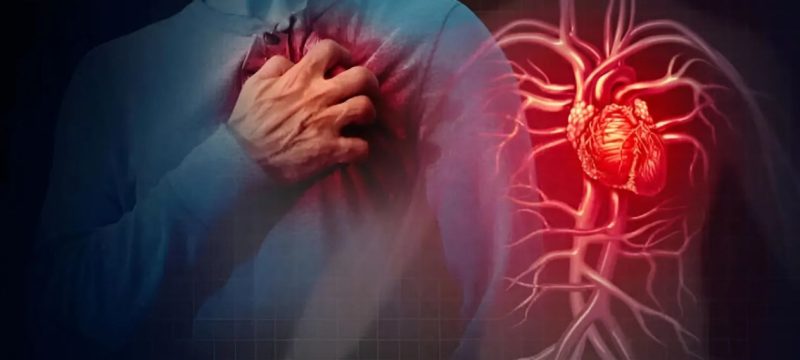Senior cardiologists have revealed alarming findings showing that almost half of heart attack patients in Pakistan are younger than 49. Even more concerning, 12 to 15 per cent of them are under 40.
The data, shared by experts from the National Institute of Cardiovascular Diseases (NICVD) at a symposium in Karachi, highlights a troubling trend. Factors such as diabetes, hypertension, obesity, smoking, and poor lifestyle habits are contributing to Pakistan’s rising rate of early-age heart attacks.
The study was independently designed and conducted by NICVD’s cardiology team between June 7, 2021, and December 31, 2023. It involved 261 post-heart attack patients to compare the effects of two anticoagulant medicines used to treat blood clots that form in the heart and may lead to strokes or other complications.
According to principal investigator Dr Jehangir Ali Shah, the new drug showed a 20 per cent clot resolution rate at four weeks, compared to 8.3 per cent with the older medicine. At 12 weeks, both medicines had similar success rates, proving the new drug to be an effective and safe alternative.
NICVD Director of Cath Lab, Dr Abdul Hakeem, stressed that Pakistan has one of the highest rates of young heart attack patients worldwide.
He urged people over 30 to get regular cardiac check-ups and warned that symptoms are often mistaken for acidity or mild discomfort, leading to dangerous delays in treatment.
He added that anterior heart attacks can damage up to 60 per cent of the heart muscle and often cause blood clots weeks later, increasing the risk of stroke.
NICVD’s Executive Director, Dr Tahir Saghir, announced that the institute is moving toward advanced treatments, including trials of drug-coated balloons that do not require stents.
Experts emphasised the need for Pakistan-specific treatment guidelines due to genetic and lifestyle differences from Western populations.
In other news read more about COVID Vaccine Not Behind Heart Attacks, Say Experts Amid Rising Fear









